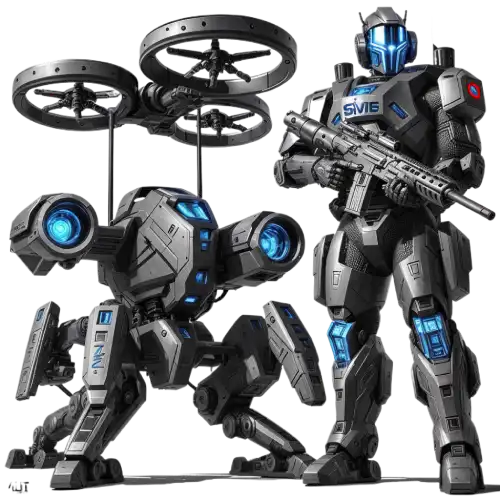How do I find indie game developers or an indie game team?
You can find indie developers on platforms like Itch.io, Game Jolt, Steam’s Indie section, or freelance sites like Upwork and Fiverr. Gaming communities on Reddit and Discord are also great places to connect with talented teams. NipsApp Game Studios is also a great indie development team with affordable pricing for small and medium business.

A Wrong Indie Game Development Hire May Be a Kiss of Death
Understanding the Role of Indie Game Developers
Indie game developers are not just coders; they are artists, storytellers, and problem-solvers all rolled into one.
- Traditionally, professionals are specialized in areas like programming, design, animation, and sound engineering.
- Ability to multitask and adapt is essential in indie game development because teams are usually lean and resources limited.
- Developers are collaborators, not just employees, sharing in the creation of the game.
Scope and Needs of Your Project
Define your project clearly to find the right developer.
- What’s the type of game you want to create?
- Who is your target audience?
- Which platform(s) will you release the game for?
- What’s your budget and timeline?
- Identify if you need a full-time developer, freelancer, or specialized contractor.
- Consider the level of creative input you expect from your developer.
Online Resources
Platforms to find indie developers:
- Itch.io
- Game Jolt
- Steam’s Indie Section
Advantages of using these platforms:
- View portfolios, game mechanics, and art styles.
- Access developers passionate about indie gaming culture.
Evaluating the Portfolio and Previous Projects
- Gameplay quality: fun, intuitive, polished.
- Visual style: matches your game’s vision.
- Technical skills: new mechanics or features.
- Consistency: has the developer delivered projects before?
Test gameplay or watch gameplay videos to understand strengths and weaknesses.
Asking Game Communities for Advice
Use online communities to gather insights:
- Reddit (e.g., r/gamedev)
- Discord channels
- Specialized indie game forums
Benefits:
- Access developers actively searching for projects.
- Get referrals with proven skills and reputations.
Making an Appealing Job Posting
Include in your job ad:
- Short description of the game project
- Required skills or experience
- Compensation structure (hourly, fixed, revenue share)
- Expected timeline and milestones
- Creative freedom and collaboration opportunities
Example job posting:
“We are looking for a Unity developer to help bring our 2D puzzle-platformer to life. The game involves unique time-manipulation mechanics and targets release on PC and Nintendo Switch. If you’re passionate about indie games and enjoy contributing to creative gameplay ideas, we’d love to hear from you!”
Thorough Interviews
Conduct open-ended interviews to understand:
- Problem-solving skills
- Ability to work within restrictions
Sample questions:
- “Tell us about a challenging bug or issue you encountered in a previous project and how you resolved it.”
- “How do you balance creativity and project deadlines?”
- “What tools or techniques do you use to stay organized in game development?”
Consider assigning a small task or test relevant to the project.
Communication and Collaboration Skills
Tight collaboration is crucial in indie game development. Evaluate how clearly the developer communicates ideas and accepts critique.
Tying Costs to Quality
- Indie developers can be more cost-effective than large studios.
- Avoid choosing the cheapest option at the expense of quality.
- Discuss payment details transparently upfront.
Reach Out to Freelance Platforms and Agencies
- Upwork
- Fiverr
- Toptal
Agencies provide pre-vetted talent at a cost premium, ensuring reliability.
Contracts and Agreements
- Scope of Work: responsibilities, deliverables, deadlines
- Payment Terms: milestones, rates, payment method
- Intellectual Property Rights: ownership post-project
- Non-Disclosure Agreements: protect sensitive information
Creating a Cooperative Working Relationship
Keep open communication through regular updates (video calls, Trello, Asana). Provide constructive feedback and acknowledge efforts to motivate developers.
Keeping Abreast of Indie Game Development Trends
Stay updated with new technologies, genres, and tools. Ensure developers are familiar with procedural generation, AI tools, and other innovations.
Building Long-Term Relationships with Developers
Successful collaboration extends beyond a single project. Maintain relationships with developers who align with your vision and workflow. Long-term relationships streamline future development and foster trust.
 View on Google Maps
View on Google Maps






